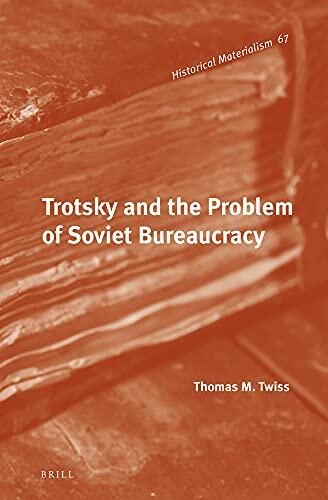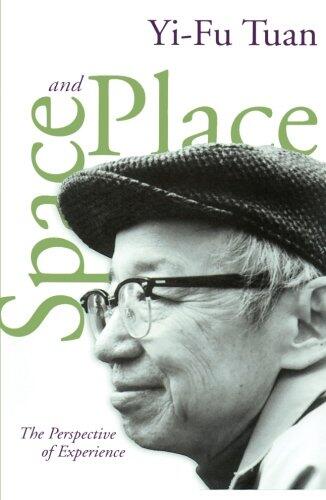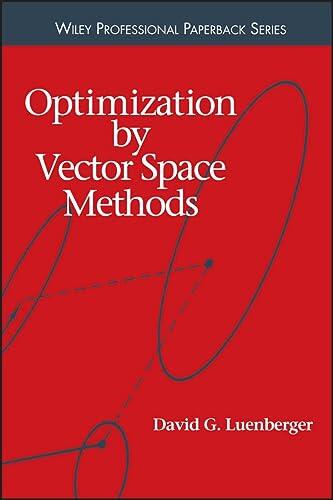
Språk: Engelska
Format: Inbunden
ISBN 10: 9004269525
ISBN 13: 9789004269521
Publiceringsdatum:
May 15th, 2014
Förlag: Brill Academic Pub
Sidor: 502
In this insightful exploration, Thomas M. Twiss delves into the intricate relationship between Leon Trotsky and the burgeoning Soviet bureaucracy following the October Revolution. Twiss meticulously traces Trotsky’s thoughts and actions as he confronted the rising tide of administrative control that threatened to overshadow the revolutionary ideals of the early Soviet state. Through a detailed analysis, the author presents Trotsky not only as a key revolutionary figure but also as a critical thinker who grappled with the complexities and contradictions of Marxist thought in a bureaucratic context.
The narrative provides a deep understanding of how Trotsky's opposition to Stalin's consolidation of power stemmed from his broader concerns about bureaucracy's impact on socialism. By examining Trotsky's critiques and theoretical frameworks, Twiss sheds light on the ideological battles that characterized early Soviet politics. The historical context enriches the reader's appreciation for the tensions between revolution and administration, highlighting the legacy of Trotsky's ideas in contemporary discussions about governance and political organization.
Twiss's work serves as an essential resource for anyone interested in the evolution of Soviet political structures and Trotsky's lasting influence on revolutionary theory. With a keen eye for detail and a commitment to historical accuracy, he invites readers to consider the implications of bureaucratic growth on revolutionary movements, making a significant contribution to the discourse on socialism and its discontents.
The narrative provides a deep understanding of how Trotsky's opposition to Stalin's consolidation of power stemmed from his broader concerns about bureaucracy's impact on socialism. By examining Trotsky's critiques and theoretical frameworks, Twiss sheds light on the ideological battles that characterized early Soviet politics. The historical context enriches the reader's appreciation for the tensions between revolution and administration, highlighting the legacy of Trotsky's ideas in contemporary discussions about governance and political organization.
Twiss's work serves as an essential resource for anyone interested in the evolution of Soviet political structures and Trotsky's lasting influence on revolutionary theory. With a keen eye for detail and a commitment to historical accuracy, he invites readers to consider the implications of bureaucratic growth on revolutionary movements, making a significant contribution to the discourse on socialism and its discontents.











